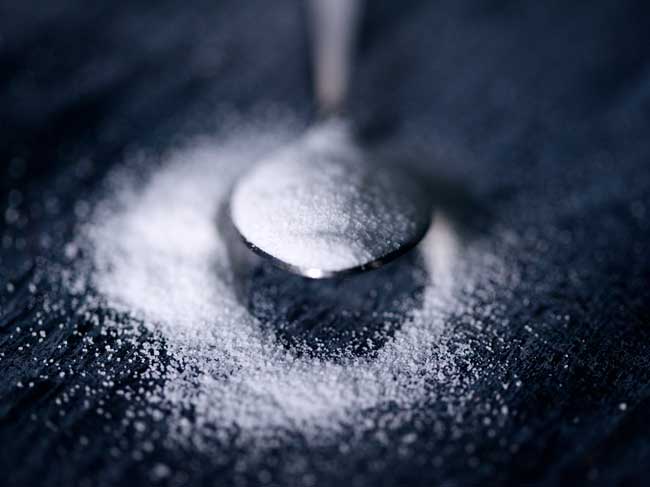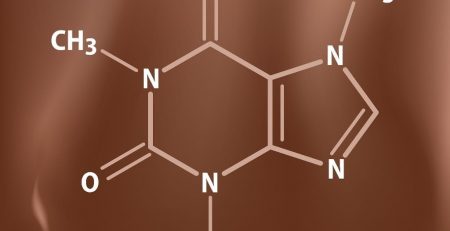Study Shows Artificial Sweeteners Aren’t So Straightforward
The debate as to whether or not artificial sweeteners are beneficial for obesity and diabetes control has been fueled by a myriad of conflicting information, but a recent study led by Yale University professor Dana Small claims that neither side of the argument is wrong, researchers are just looking at different things.
During her study, which was recently published in Cell Metabolism, Small had a group of 45 volunteers between the ages of 20 and 45 who didn’t normally consume low-calorie sweeteners drink fruit-flavored beverages containing sucralose, sugar, or a combination of sucralose and maltodextrin and found that those who drank the third beverage showed some of the same negative effects documented in other studies, including alterations to their body’s insulin sensitivity and glucose metabolism and their brain’s responses to sweetness, while those who did not ingest maltodextrin did not, according to IFLScience.com. Further tests also concluded that when maltodextrin was ingested on its own, none of these changes occurred.
“When we set out to do this study, the question that was driving us was whether or not repeated consumption of an artificial sweetener would lead to a degrading of the predictive ability of sweet taste,” Small said in a statement. “This would be important because sweet-taste perception might lose the ability to regulate metabolic responses that prepare the body for metabolizing glucose or carbohydrates in general.”
Future studies will examine whether or not more natural sweeteners like stevia will have a similar effect. Small believes they will. “It’s hard to say because we don’t fully understand the mechanism,” she said in the same statement. “That’s also something we hope to study in the future, especially in mice.














